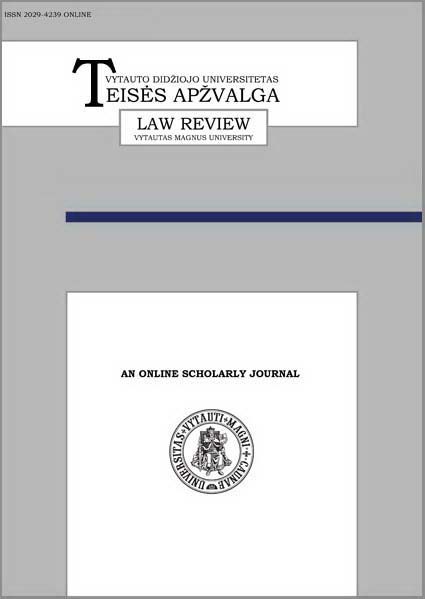Efektyvi teisės į privatų gyvenimą apsauga taikant kriminalinės žvalgybos priemones
Effective Protection of the Right to Privacy Through Criminal Intelligence Measures
Author(s): Edgaras MarkevičiusSubject(s): Law, Constitution, Jurisprudence, Criminal Law
Published by: Vytauto Didžiojo Universitetas
Keywords: Criminal intelligence; Right to privacy; Directive no. 2016/680; Restrictions on the application of the criminal intelligence measures;
Summary/Abstract: Increasing use of technologies in the last decades has created an unprecedented opportunity to systematically collect and use a wide variety of data (including personal data) for different purposes. Information and data collected and processed with the help of new technologies are used not only for the purposes of natural and legal persons, but also for various other purposes. Intelligence services that ensure the prevention of crime must perform their functions to ensure the safety of public. When doing so, they use various means and methods of information collection, which help them to reach their goals. However, the means applied undermine and intensively restrict a person’s right to private life. Given that two legal interests compete during the application of criminal intelligence measures, i.e., the individual's right to privacy and ensuring of public security, the author seeks to analyse their points of contact - the restrictions of application of criminal intelligence measures, which in theory are designed to ensure the person’s right to private life. In this article the author examines the efficiency of restrictions on the application of criminal intelligence measures, which are present in international, Lithuanian legislation, and compares them with relevant requirements set forth in the practice of European Union Court of Justice.
Journal: Teisės apžvalga
- Issue Year: 2021
- Issue No: 1(23)
- Page Range: 46-63
- Page Count: 18
- Language: Lithuanian

